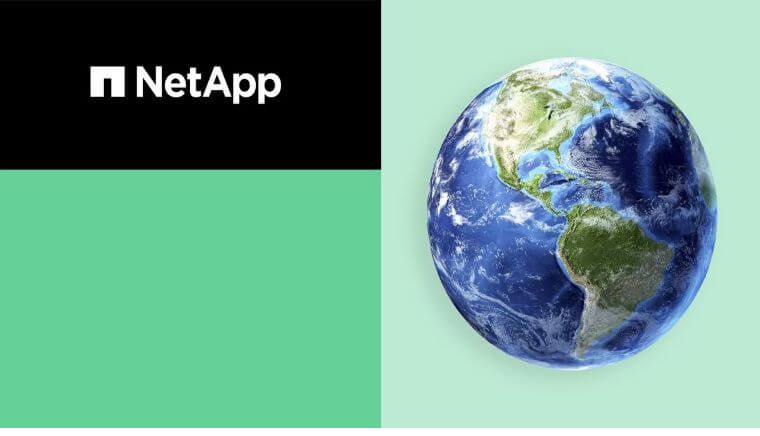The News: Ogilvy UK has announced that it will no longer work with influencers who edit their faces or bodies in sponsored social media images. Citing a “duty of care as marketers,” the company will phase out partnerships with influencers who post edited images in favor of more authentic representation. Read reporting from The Drum here.
Ogilvy UK Takes a Stand for Authenticity in Influencer Marketing
Analyst Take: The news of Ogilvy UK taking a stand on the side of authenticity in influencer marketing campaigns was welcome news indeed. With the rise of social commerce, influencer marketing has quickly gained popularity among brands as a way to not only reach prospective customers, but also to demonstrate how ‘real’ people use their products. Partnerships with influencers were conceived as not only a direct path to customers by way of the audiences of those influencers, but also utilized by brands as a signal of credibility and authenticity along the lines of: “Our products are great, just see who loves/uses/raves about us!” The problem is that with some exceptions, influencers are often largely not portraying their real lives, or their real selves. The use of editing tools took off among the increasingly saturated and competitive influencer community, and as a result, we’ve seen influencer authenticity come into question – as has the effect of edited photos on the body image and mental health of consumers — especially young girls and women.
That’s why the recent news of Ogilvy UK deciding to no longer work with influencers who edit their faces or bodies in sponsored social media images was exciting — and a much-needed change. Ogilvy UK’s take a stand for renewed authenticity in social media and influencer marketing by phasing out their collaborations with influencers who edit their faces or bodies. Unrealistic beauty standards propagated by these edited images have become a systemic problem in the industry and their effects on consumers are a cause for real concern. Many studies have demonstrated that body image issues have risen rapidly among teenagers and young adults as a result of repeated exposure to unrealistic beauty standards in social media content. As a mother of four daughters, I’ll attest that I see body image issues and concerns in my teens arising out of what they see in social media channels and fake images that influencers share that can often be alarming.
It’s time to address the impact of edited images in our marketing practices, especially on platforms that claim to represent authentic people, lives, and bodies and I’m impressed by Ogilvy’s stand here.
Reclaiming Authenticity in Influencer Marketing
Ogilvy UK plans to roll out this initiative in stages to allow their influencer collaborators time to adjust their editing practices to align with the new guidelines, which include a ban on editing or retouching faces, skin, or body parts in images. Additionally, Ogilvy hopes to increase diversity in its network of influencers through ongoing quarterly diversity audits first put into place in 2020. Major clients including Dove, well known for its own efforts to promote authenticity and diversity in its marketing, are enthusiastic about the initiative.
On a related note, my friend and colleague Martyn Etherington, EVP and CMO at Teradata, recently sent me this video from Unstereotype Alliance titled The Problem is Not Seeing the Problem. It’s an unsettling look at how marketing content often falls back on stereotyped images and portrayals of people based on gender, race or ethnicity, body type, and other factors. The campaign, created by UN Women, is an important reminder that true authenticity comes from elevating content that allows people to be who they really are and show what they really look like.
As an analyst, I love seeing this happening in the industry. As a career brand strategist, I applaud Ogilvy UK’s commitment to stepping up and insisting on authenticity and diversity in social media and influencer marketing. As a mother of four daughters, I hope other agencies and brands will follow Ogilvy’s example and join this effort to protect our young people from the insidious mental health effects of unrealistic beauty standards that impact both girls and boys in myriad ways.
Reclaiming authenticity in influencer marketing makes perfect sense. Accurate and authentic representation expands a brand’s reach, strengthens its image, and encourages happy and healthy engagement from consumers.
Good Equals Progress provides industry research and analysis on the topics of Environmental, Social, and Governance (ESG) and Diversity, Equity, and Inclusion (DEI). These columns are for educational purposes only and should not be considered in any way investment advice.















